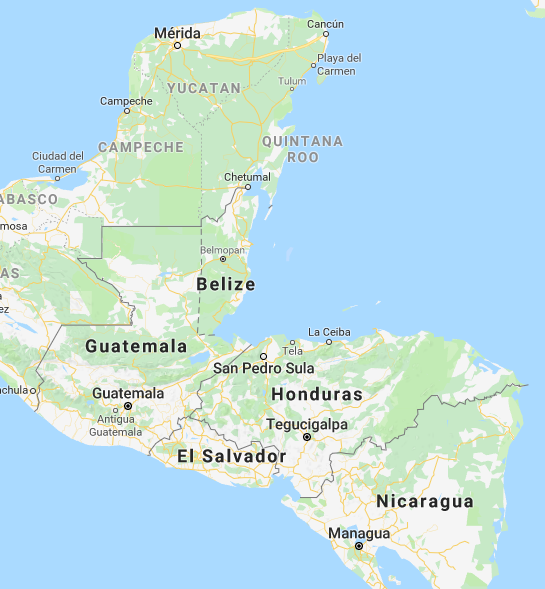Brandon Kirby on, among other things, why Justin Trudeau polls consistently higher with women than with men:
Justin Trudeau gave one of his worst interviews during the campaign with a Maritime reporter, Steve Murphy.
Murphy continually asked him for the numbers on his spending promises, to which Trudeau had none to give. Eventually he went on the offensive against Murphy and suggested that Murphy approached politics with a calculator while Trudeau can speak to Canadians. People who think in terms of STEM find this remarkably absurd.
It’s problematic that if the numbers don’t add up in Trudeau’s budgets, he won’t be helping Canadians at all. Wages will remain stagnant while power bills go up, grocery bills go up, and our tax bills will go up.
Trudeau is on the record claiming that he will grow the economy from the heart outward, but as the calculator dictates, his plans have serious economic consequences and the rhetoric that appears caring is actually destructive.
Rational thinkers find the empty rhetoric of growing the economy from the heart outward, while simultaneously making life harder on the poor and middle class, highly offensive.
Feminists have supplied us with the premise that on average, women don’t think in terms of STEM. Economics as a science requires an appraisal that is thoroughly calloused at times, which people who don’t appreciate STEM will find highly offensive.
The end result is that if women don’t think in terms of calloused rationalism, they won’t find libertarianism at all appealing.
If it were the case that only Canadian women were permitted to vote, Trudeau would win a majority government easily. If only Canadian men were to vote, Trudeau would be swiftly defeated.
George W. Bush was the most unpopular president in the U.S. during my lifetime, and yet his approval ratings are polled higher for Americans than Trudeau’s are among Canadian men.
There’s a discrepancy between men and women but that doesn’t imply individualism is wrong.
[…]
We do need to encourage women to adopt the calloused STEM approach. $99 per case of water isn’t how most women think, but unlike the opposing view it has the virtue of actually being getting water to people; going beyond stage-one-thinking – it’s actually compassionate.





